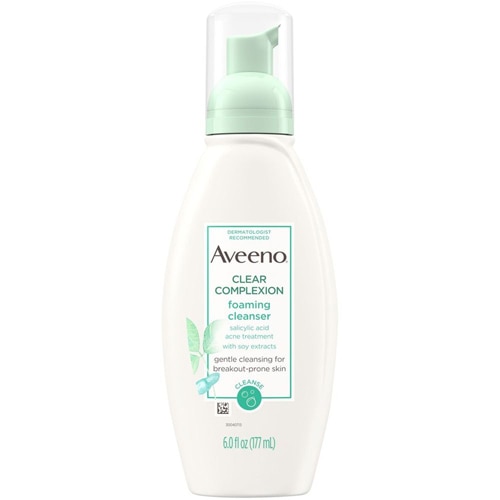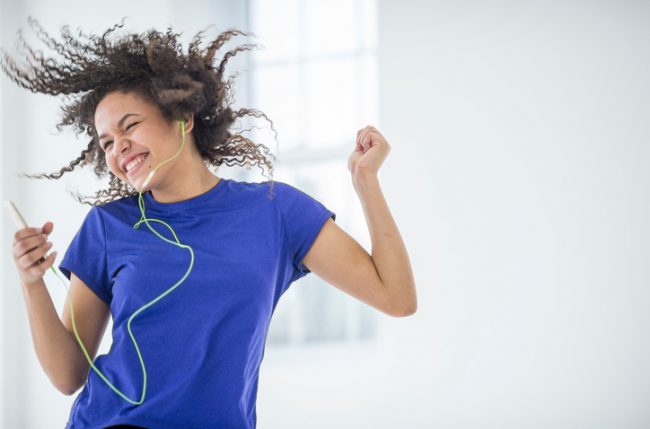From navigating high school classes to surviving complex social structures to simply riding the waves of emotional and hormonal changes, there are many things about raising teenagers that are difficult. Acne, though, does not have to be one of them. Despite the physical, social and emotional challenges that can accompany adolescent acne, you can take the reins on this common skin condition and help your teen have a healthy glow inside and out.
The physical
As puberty hits, so do a bunch of physical changes that go beyond growth spurts. According the Stanford Children’s Health, the increase of hormones that come with puberty cause increased oil production in the skin and pores to enlarge. How much oil your skin produces and the size of your pores is hereditary, for the most part, so there isn’t much you can do in the way of changing that. What you can help your teen with is good hygiene and skin care to prevent and treat any breakouts that happen.
If your teen has a mild case of acne, small white heads and a smattering of black heads, the approach is pretty simple. A mild cleanser used morning and night can help cleanse away oils and dirt that clog pores and keep skin clear. Spot treatment is always helpful for particularly stubborn pimples. Since breakouts aren’t confined solely to the face, your teen may be fighting “back-ne” or even pimples on their neck and chest, too.
Though you may be tempted to search out aggressive methods to eradicate the sebaceous eruptions, harsh treatments can actually exasperate the problem. Acne prone skin is often sensitive skin. Get a mild body and face wash containing salicylic acid to fight breakouts and use warm, not cold or hot, water twice a day. F
or teens who wear makeup, it’s important they use noncomedogenic cosmetic products and never, ever go to sleep without removing their makeup and cleansing their face (this goes for you, too). Avoiding tight fitting clothing and synthetic fabrics can help with body acne and for teens who work out frequently or are involved in sports, practicing good hygiene by wearing clean clothes and showering consistently is imperative to keeping acne at bay.
The emotional
Acne has been and probably always will be one of the banes of teenage existence. Some teens seem relatively unfazed by it, but more often than not, if your teen has significant acne there’s someone at school giving them a hard time about it. At a time in life when appearance is often at the forefront of their consciousness and self esteem is often perched precariously on a proverbial cliff, your teen can probably use all of the support you have to offer.
The last thing you want to do is tell a teen that acne will just go away on its own. You need to make yourself an ally in their skin health – don’t blow it off and don’t harp on them. In fact, the American Academy of Dermatology says the more parents “remind” their teen to treat their acne the less likely they are to do it (adolescent rebellion is still alive and well, my friends). Being an ally always means asking your teen how you can help and never means forcing them to do something.
Offer to take your teen to a dermatologist if breakouts are something that seems to be weighing on them and give them the opportunity to use a bit of autonomy when it comes to their skin care. In other words, make the appointment but let them see the doctor alone and mind your business. Teens are often more comfortable discussing their concerns without their mom or dad standing over their shoulder. Of course, if your teen has acne is painful, persistent and more than small breakouts, they may be dealing with cystic acne. In that case make the appointment despite any protests because help from a medical professional can prevent long term skin damage and scarring.
Lastly, keep an eye on your teen’s self esteem. If you hear an increase in negative self talk, notice problematic body image behaviors, or see signs of depression, be sure to seek professional help for not just their body by also their heart. Being a teen is hard, and what seems trivial to you in adulthood can be devastating while treading the high water of high school. Don’t stick your head in the sand, be proactive to help your teen live the healthiest life they can emotionally and physically.




